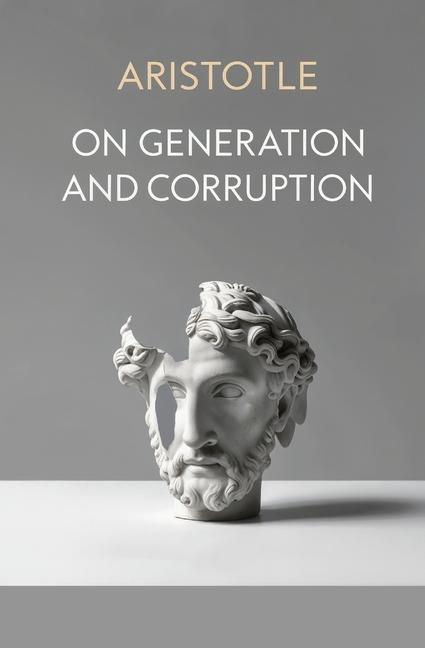Description
In On Generation and Corruption, Aristotle examines the fundamental principles behind change, growth, and decay in the natural world. Building on concepts introduced in 'The Physics', he investigates whether all transformation arises from elemental causes or mere alteration, grounding his arguments in observable phenomena.
This seminal work introduces the influential doctrines of the Four Causes and the Four Elements, through which Aristotle challenges prevailing theories-particularly atomism-offering instead a unified framework for understanding nature's processes.
Situated at the intersection of natural philosophy and empirical observation, the treatise illuminates Aristotle's systematic approach to causality and substance. With clarity and rigor, it lays the foundation for centuries of scientific and philosophical inquiry, offering enduring insights into how and why things come into being and pass away.
Product Details
- Jul 4, 2025 Pub Date:
- 1397668784 ISBN-10:
- 9781397668783 ISBN-13:
- English Language




